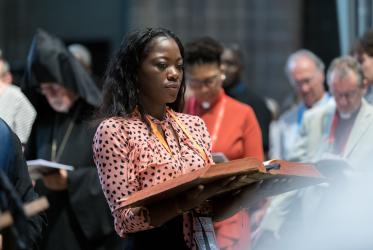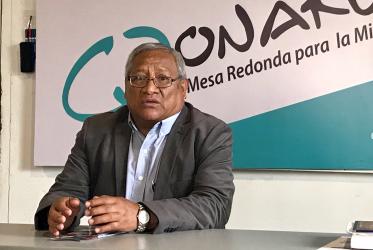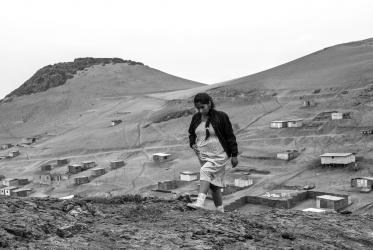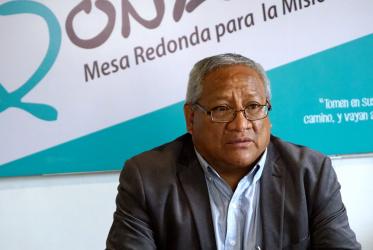Displaying 1 - 20 of 25
20 September 2023
WCC expresses solidarity with Peruvian people amid political crisis
20 November 2020
Interfaith Rainforest Initiative expands
12 February 2019
Conversation on HIV “must continue,” Faith Networking Zone shows
07 December 2017
Honest talk blossoms between youth, theologians in Cote d’Ivoire
14 September 2016
Preventing incitement to violence which could lead to atrocity crimes in Africa
09 - 11 May 2016
Addis Ababa, Ethiopia
Latin American Council of Churches adopts new structure
21 April 2016
Faith organizations assess COP 20 on the way to Paris
28 January 2015
WCC member churches commit to climate justice at COP 20
10 December 2014
















